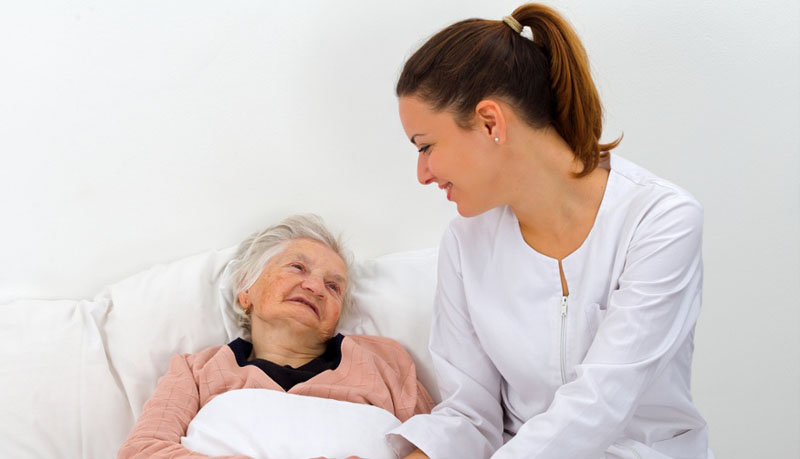A caregiver or carer is an unpaid or paid person who helps another individual with an impairment with his or her activities of daily living. Any person with a health impairment might use caregiving services to address their difficulties. Caregiving is most commonly used to address impairments related to old age, disability, a disease, or a mental disorder.
Typical duties of a caregiver might include taking care of someone who has a chronic illness or disease; managing medications or talking to doctors and nurses on someone’s behalf; helping to bathe or dress someone who is frail or disabled; or taking care of household chores, meals, or bills for someone who cannot do these things alone.
With an increasingly aging population in all developed societies, the role of caregiver has been increasingly recognized as an important one, both functionally and economically. Many organizations which provide support for persons with disabilities have developed various forms of support for carers as well.
A primary caregiver is the person who takes primary responsibility for someone who cannot care fully for themselves. It may be a family member, a trained professional or another individual. Depending on culture there may be various members of the family engaged in care. The concept can be important in attachment theory as well as in family law, for example in guardianship and child custody. Some US states, such as California, have set out the responsibilities of the primary caregiver.

